Prime Minister Mark Carney’s minority government survived its first parliamentary test Wednesday when the throne speech passed the House of Commons without a formal vote, even as the New Democratic Party voiced strong opposition to the Liberal agenda.
Before the vote, Interim NDP Leader Don Davies declared that his seven-member caucus would reject the speech, arguing it failed to prioritize working families’ needs.
“It’s a clear message that this throne speech is not a worker-centred throne speech and it does not deliver the priorities that we heard from millions of Canadians across this country,” Davies said during a media scrum. “We can’t support a speech that so badly misses the mark in terms of the economic and social policies people need in this country.”
#WATCH: The NDP will join the CPC to vote no on the upcoming throne speech. If the Bloc also votes no, the Carney govt could fall. So much for having a 'strong mandate'.
— govt.exe is corrupt (@govt_corrupt) June 4, 2025
F🇨🇦CK Mark Carney! pic.twitter.com/L9VFnQL0Xi
The speech was ultimately adopted through a voice vote procedure called “on division,” avoiding the need for a formal roll call despite vocal dissent from opposition benches. Government House Leader Steven MacKinnon said the adoption “sets the stage for a strong and focused agenda.”
Davies took issue with what he saw as insufficient attention to core NDP concerns such as healthcare improvements and enhanced employment benefits. He contended that the party’s 1.2 million supporters had elected New Democrats with the expectation they would champion workers’ interests in Parliament, priorities he said were not reflected in the government’s agenda.
The throne speech, personally delivered by King Charles III on May 27 to open the 45th Parliament, outlined the Carney government’s agenda with a focus on economic development, fast-tracking national interest projects, and accelerating home construction. Opposition leaders have dismissed the speech as lacking substance, criticizing it for offering broad promises without concrete policy details.
The NDP was reduced to just seven seats in the recent election. However, in the minority Parliament, the party could still hold the balance of power on key votes. The party has ruled out entering a formal supply-and-confidence agreement with Carney’s government, unlike the arrangement they maintained with the previous Liberal administration.
Related: NDP Fights for Relevance After Historic Electoral Collapse
Earlier this week, opposition parties successfully amended the throne speech reply, forcing the government to table an economic update before Parliament’s summer break. That amendment passed 166-164, with all three opposition parties voting together.
The throne speech adoption represents the government’s first confidence test, though future legislation and budget measures will provide ongoing challenges for the minority Liberal government as they seek opposition support to maintain power.
Information for this story was found via the sources and companies mentioned. The author has no securities or affiliations related to the organizations discussed. Not a recommendation to buy or sell. Always do additional research and consult a professional before purchasing a security. The author holds no licenses.

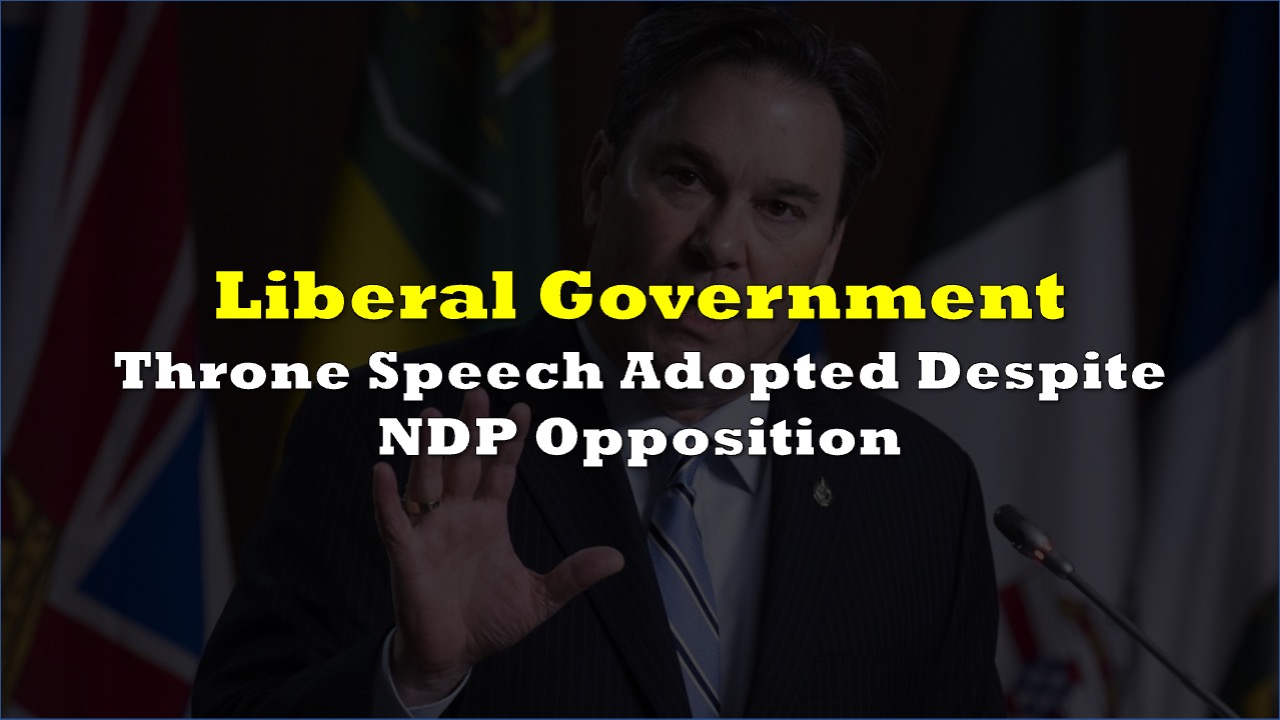



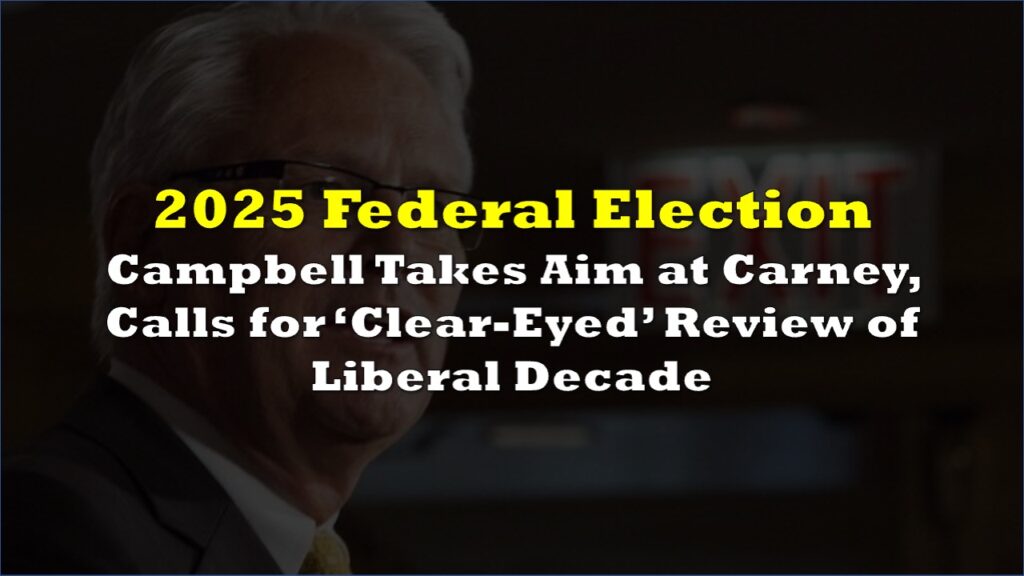
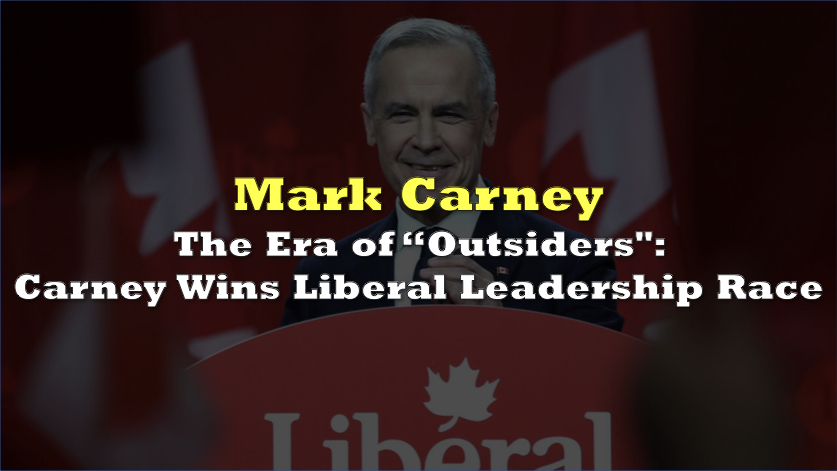

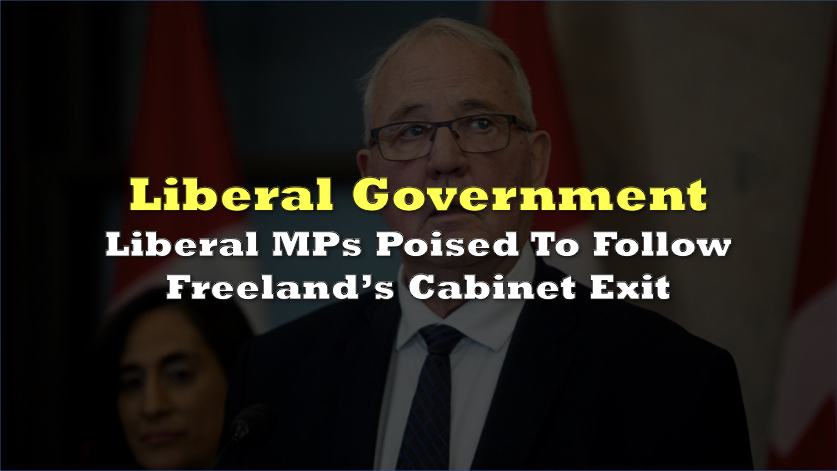
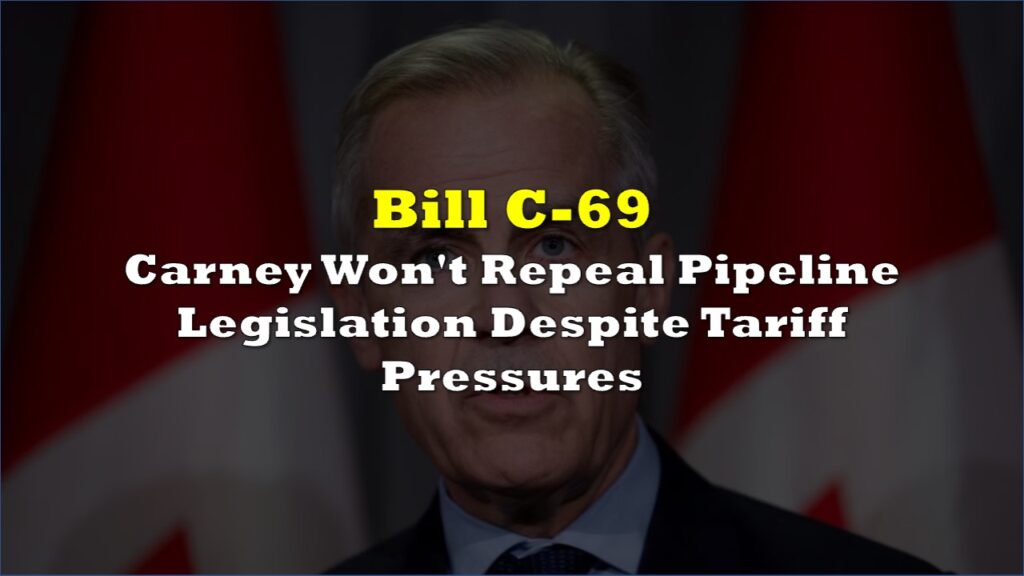
One Response
I am pleased that the opposition parties were able to force the government table an economic update. It has always been a weakness of Liberal governments. Fiscal clarity is necessary to keep the trust of the electorate. They need to learn that. And I do trust their plan, but you need the voters on your side to carry out any version of a plan or vision. Numbers matter.